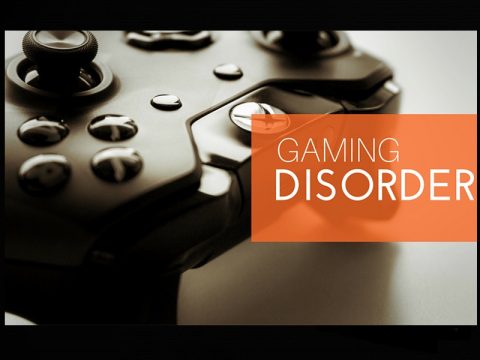“GAMING DISORDER” RECOGNIZED AS A MENTAL HEALTH CONDITION BY W.H.O.
Obsessive video gamers know how to anticipate dangers in virtual worlds. The World Health Organization (WHO) says they now should be on guard for a danger in the real world: spending too much time playing. In its latest revision to a disease classification manual, the U.N. health agency said Monday compulsively playing video games now qualifies as a mental-health condition. The statement confirmed the fears of some parents but led critics to warn that it may risk stigmatizing too many young video players.
WHO said classifying “gaming disorder” as a separate addiction will help governments, families and healthcare workers be more vigilant and prepared to identify the risks. The agency and other experts were quick to note cases of the condition are still very rare, with no more than up to three percent of all gamers believed to be affected.
Dr. Shekhar Saxena, director of WHO’s department for mental health and substance abuse, said the agency accepted the proposal that gaming disorder should be listed as a new problem based on scientific evidence, citing “the need and the demand for treatment in many parts of the world.”
But Dr. Joan Harvey, a spokeswoman for the British Psychological Society, warned the new designation might cause unnecessary concern among parents. “People need to understand this doesn’t mean every child who spends hours in their room playing games is an addict, otherwise medics are going to be flooded with requests for help,” she said.
Others welcomed WHO’s new classification, saying it was critical to identify people hooked on video games quickly because they are usually teenagers or young adults who don’t seek help themselves.
“We come across parents who are distraught, not only because they’re seeing their child drop out of school, but because they’re seeing an entire family structure fall apart,” said Dr. Henrietta Bowden-Jones, a spokeswoman for behavioral addictions at Britain’s Royal College of Psychiatrists. She was not connected to WHO’s decision.
Bowden-Jones said gaming addictions were usually best treated with psychological therapies but that some medicines might also work.
The American Psychiatric Association has not yet deemed gaming disorder to be a mental-health problem. In a 2013 statement, the association said it’s “a condition warranting more clinical research and experience before it might be considered for inclusion” in its own diagnostic manual.
The group noted much of the scientific literature about compulsive gamers is based on evidence from young men in Asia.





